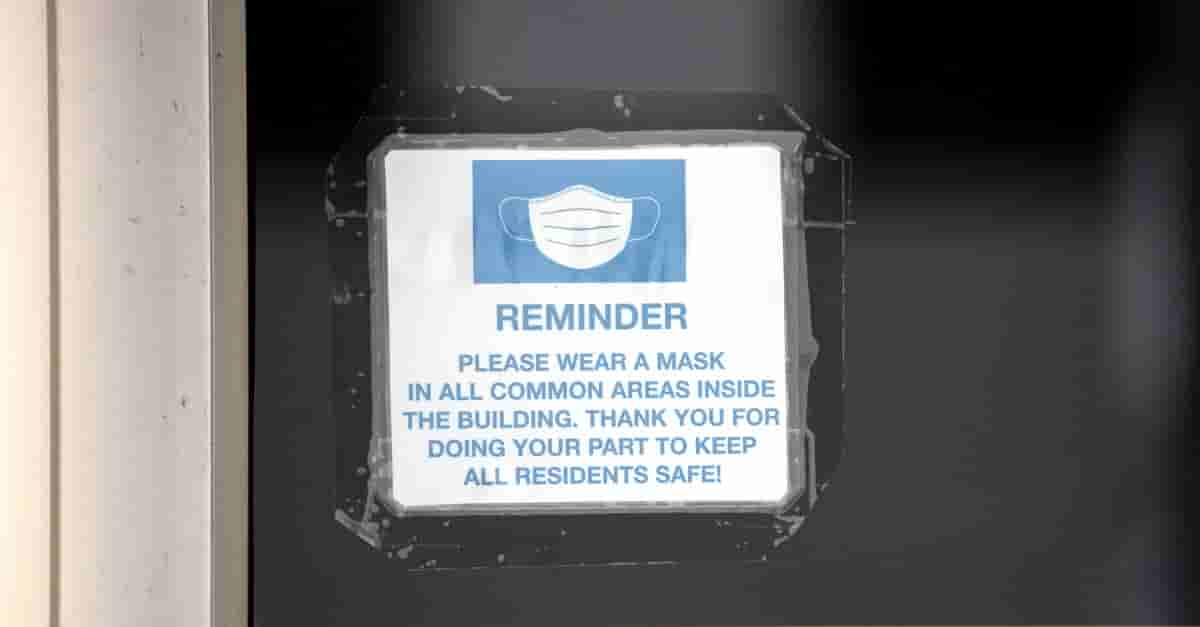Following the recent stringent vaccine mandate issued by President Joe Biden, more employers are asking their employees to get COVID-19 vaccines. However, many employees are still refusing to get vaccinated because of either their medical condition or religious reasons.
Some employees cited religions that have never been heard of. That is why companies have to evaluate these exemption requests based on the guidance from courts, the Civil Rights Act, and the U.S. Equal Employment Opportunity Commission (EEOC).
Title VII of the Civil Rights Act requires employers with 15 or more employees to provide reasonable accommodations for those whose sincerely-held religious belief conflicts with a workplace rule or practice unless doing so would create an undue hardship.
However, religion does not only cover “traditional, organized religions such as Christianity, Judaism, Islam, Hinduism, Sikhism, and Buddhism, but also religious beliefs that are new, uncommon, not part of a formal church or sect, only subscribed to by a small number of people, or that seem illogical or unreasonable to others.” This was explained through the EEOC’s 2021 Compliance Manual for Religion.
Further, the manual states that a belief is religious as stated under Title VII if in the person’s “own scheme of things,” i.e., it is a “sincere and meaningful” belief that “occupies a place in the life of its possessor parallel to that filled by … God.” Employers should not consider the reasonableness of an individual’s religious beliefs as such “need not be acceptable, logical, consistent, or comprehensible to others.”
The manual also noted that even if no other people adhere to the religion the employee observes, practices, or believes, it will remain religious. Religious beliefs will also include non-theistic or ethical as to what is right and wrong as religion typically concerns ultimate ideas regarding life, purpose, and death.

What is exempt from religious beliefs are “social, political, or economic philosophies, as well as mere personal preferences.” To help employers determine if the practice of the employees is religious, motivation can be observed. For instance, if a person is vegetarian for religious reasons, it is covered by Title VII. If a person is vegetarian because they are trying to eat healthily, it is not covered by Title VII.
To help employers decide whether they will grant the request for exemption or not, some questions may be asked. Some of these questions that employers may ask should center on the employee’s sincerely-held religious belief as define by law, the employee’s qualifications for the job despite the belief, the accommodations sought through the requested exemption, and if the accommodation will pose an undue burden on the employer. If the request for exemption is granted, some of the accommodations that the employer can provide for the unvaccinated worker are mask-wearing, social distancing, and regular testing.


